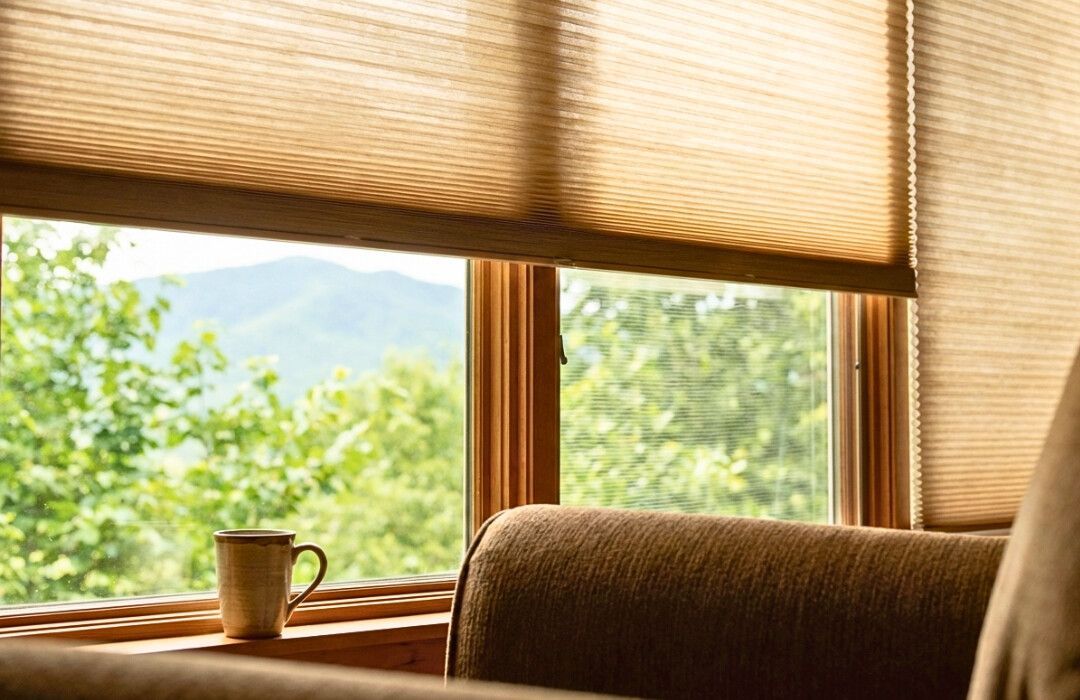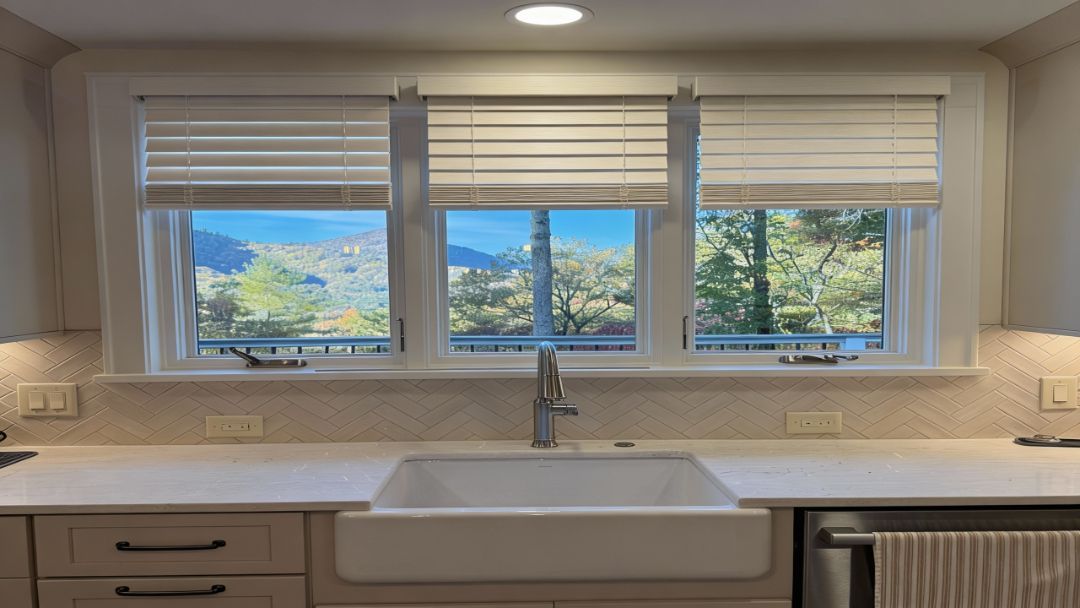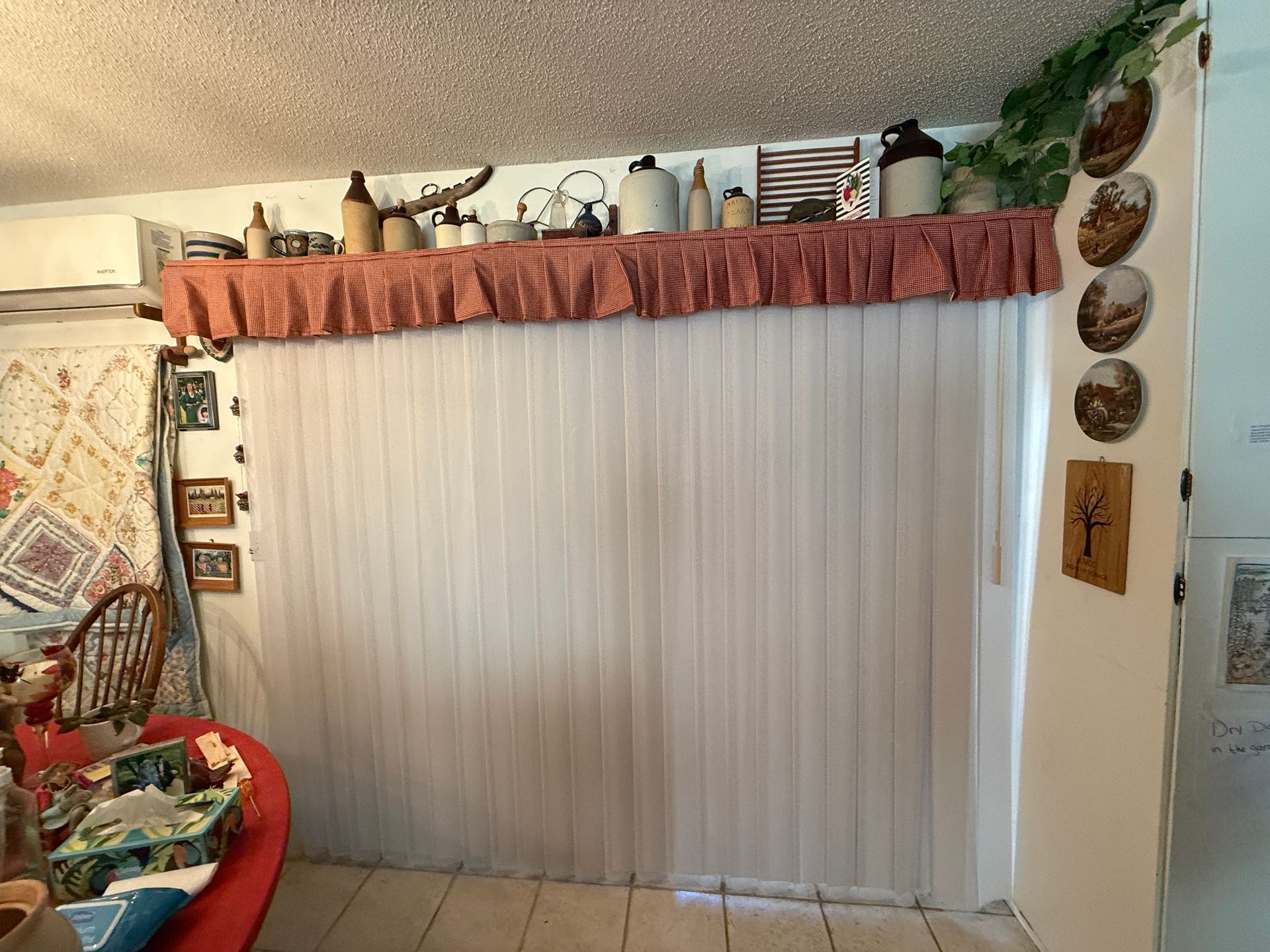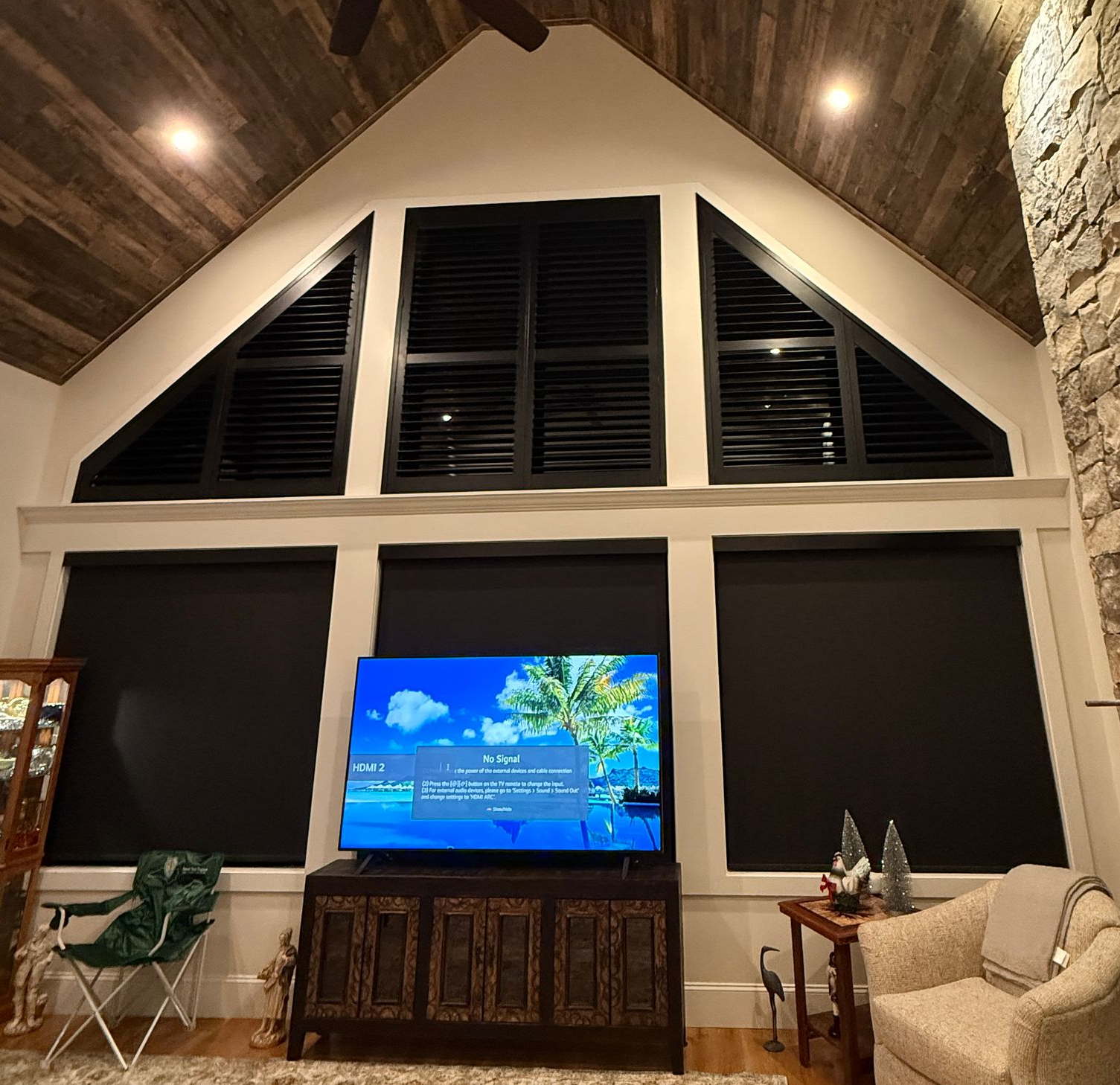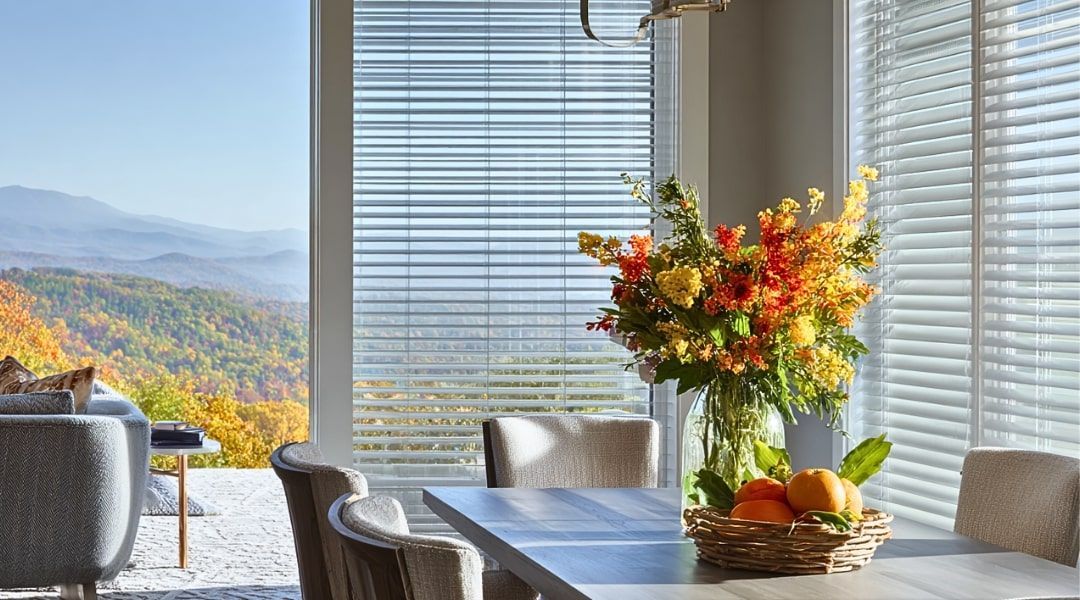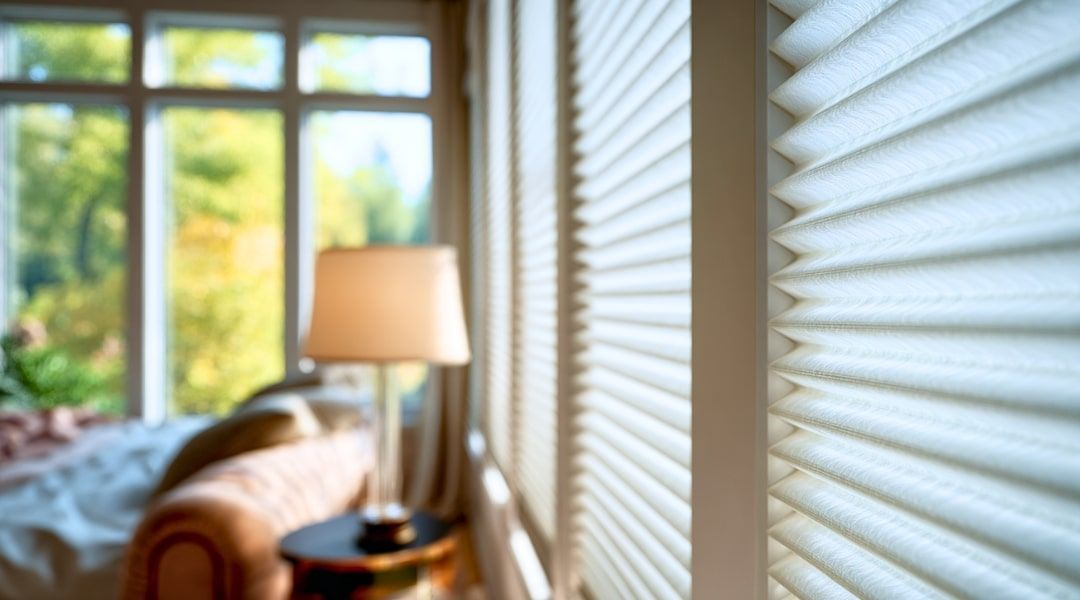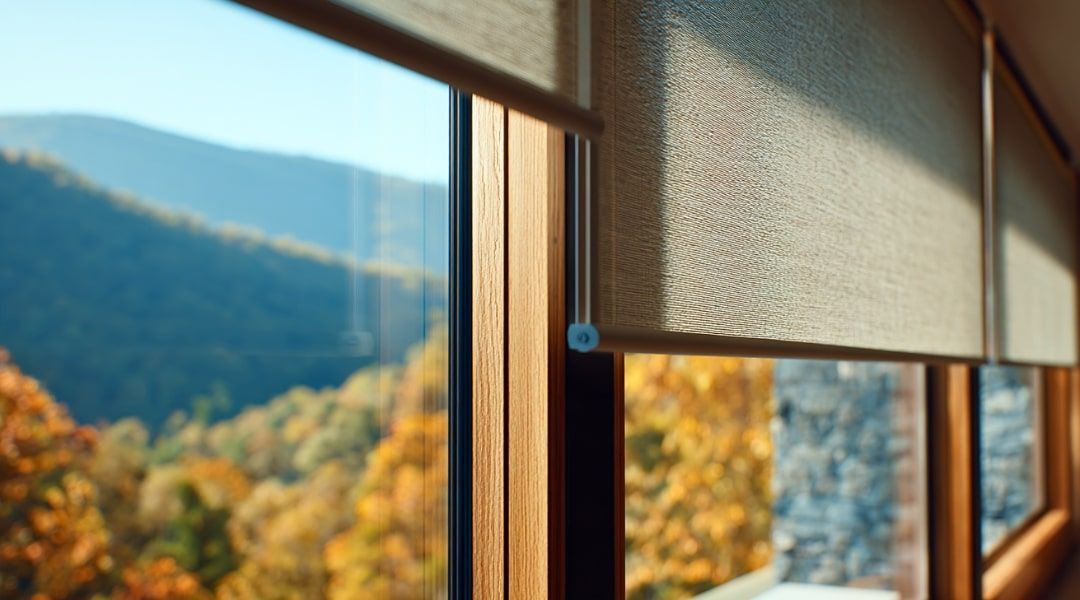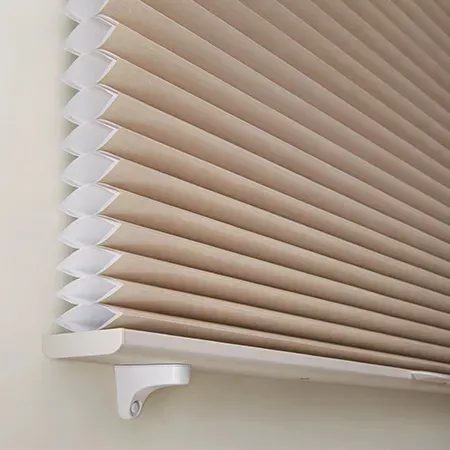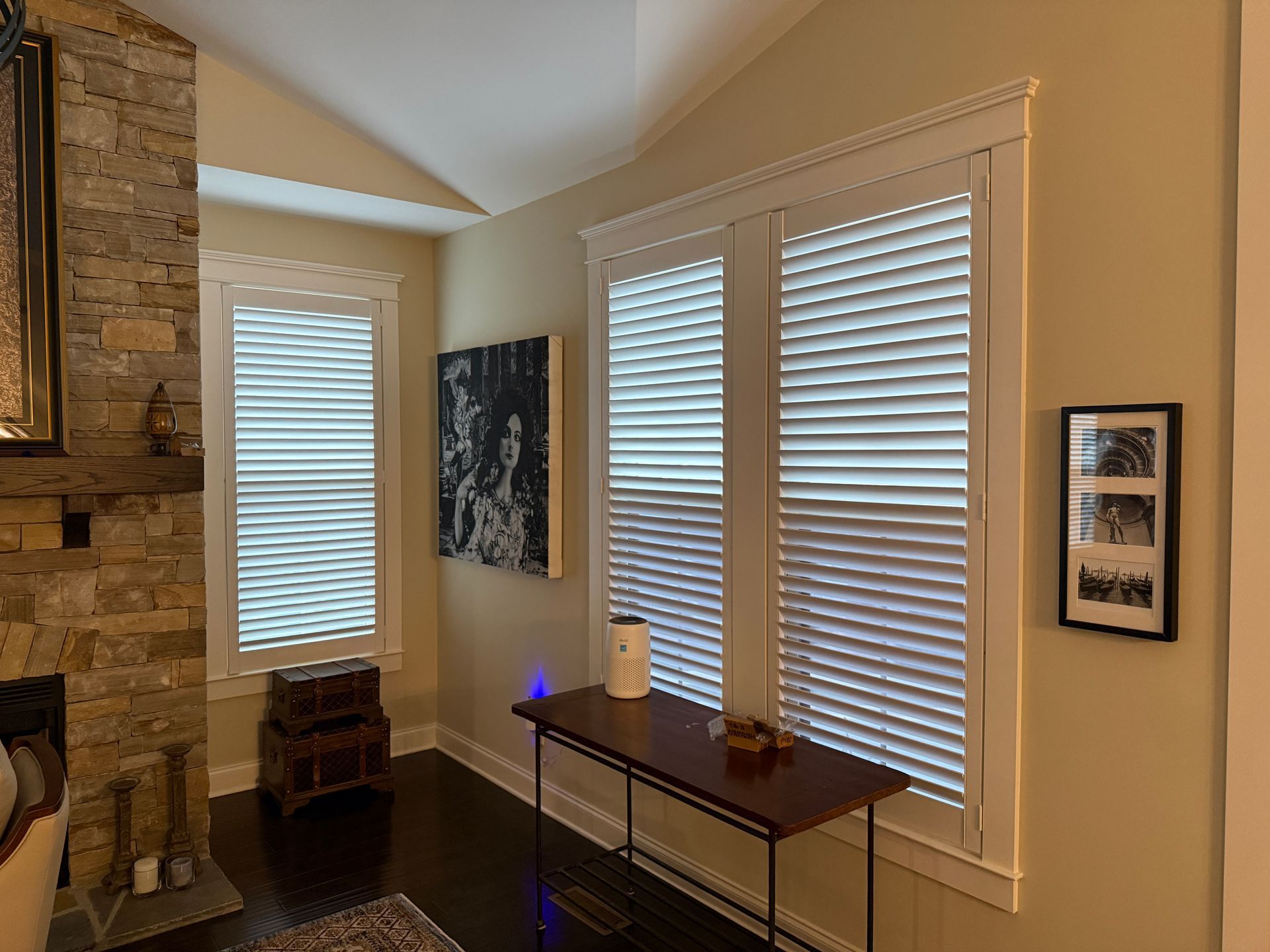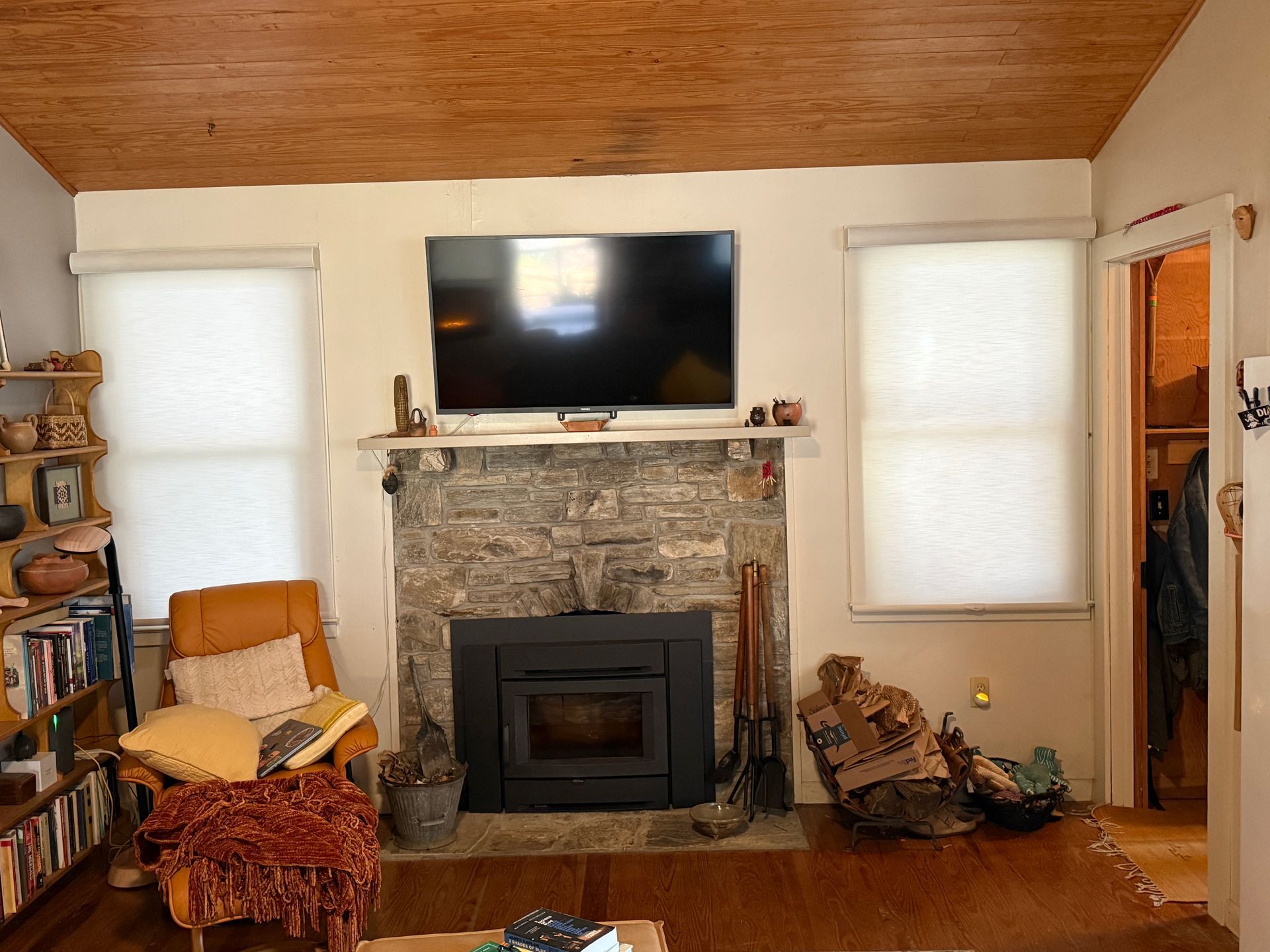Can Blinds Help Lower Your Energy Bill in North Carolina?
Can Blinds Help Lower Your Energy Bill in North Carolina?
TLDR;
Yes, blinds can help lower your energy bill in North Carolina by improving insulation and controlling solar heat gain. By choosing the right type of
window treatments and using them strategically, homeowners can reduce both cooling and heating costs year-round.
The Rising Cost of Comfort in North Carolina Homes
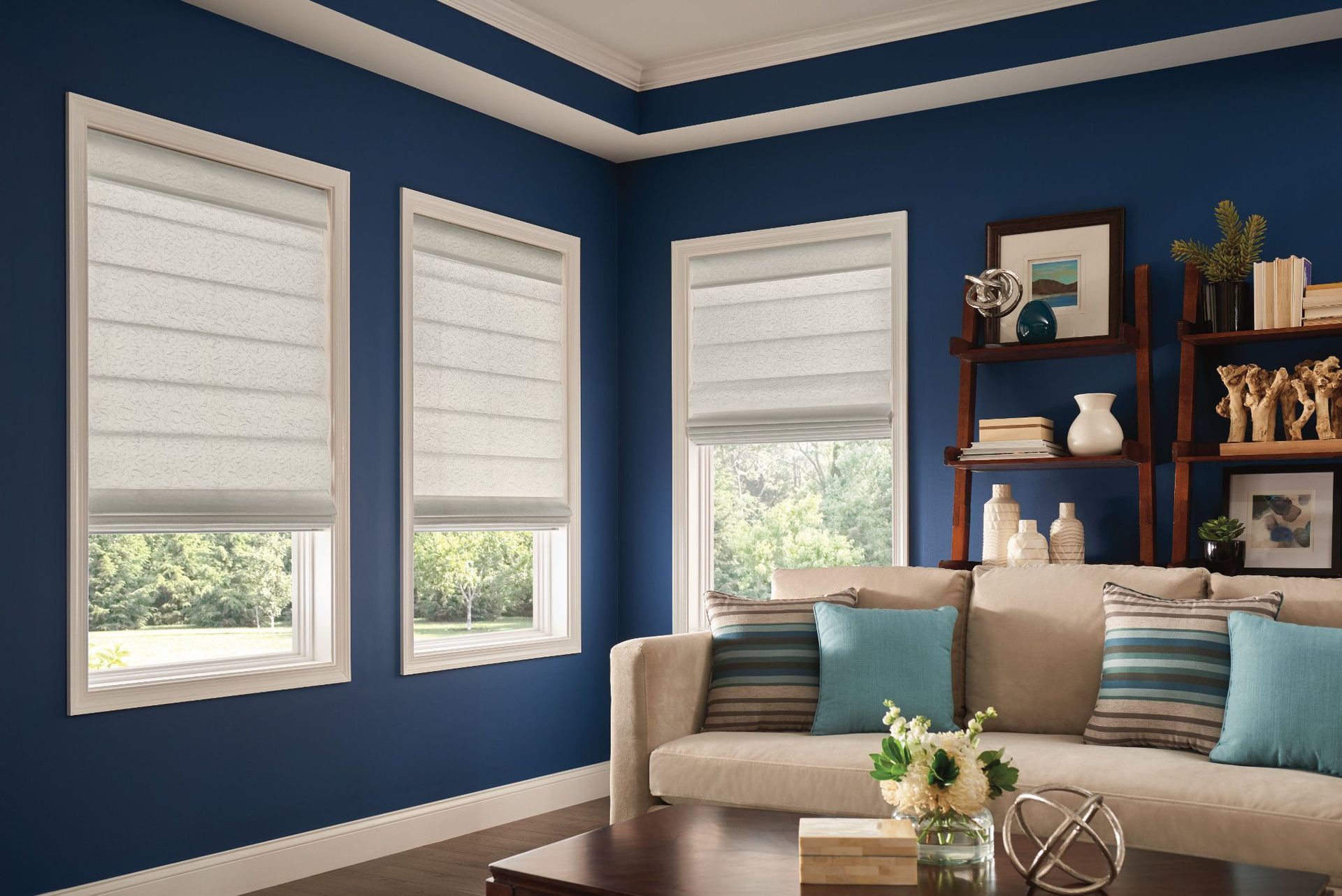
In North Carolina’s humid subtropical climate, energy bills can spike in both sweltering summers and chilly winters. For homeowners and business owners alike, every degree matters when you're trying to maintain comfort without draining your wallet.
Love Is Blinds NC has seen firsthand how proper window treatments—particularly blinds—can significantly impact utility bills. Whether you’re in the mountains of Asheville or the coastal breezes of Wilmington, blinds aren’t just decorative—they’re functional energy savers.
How Blinds Contribute to Energy Savings
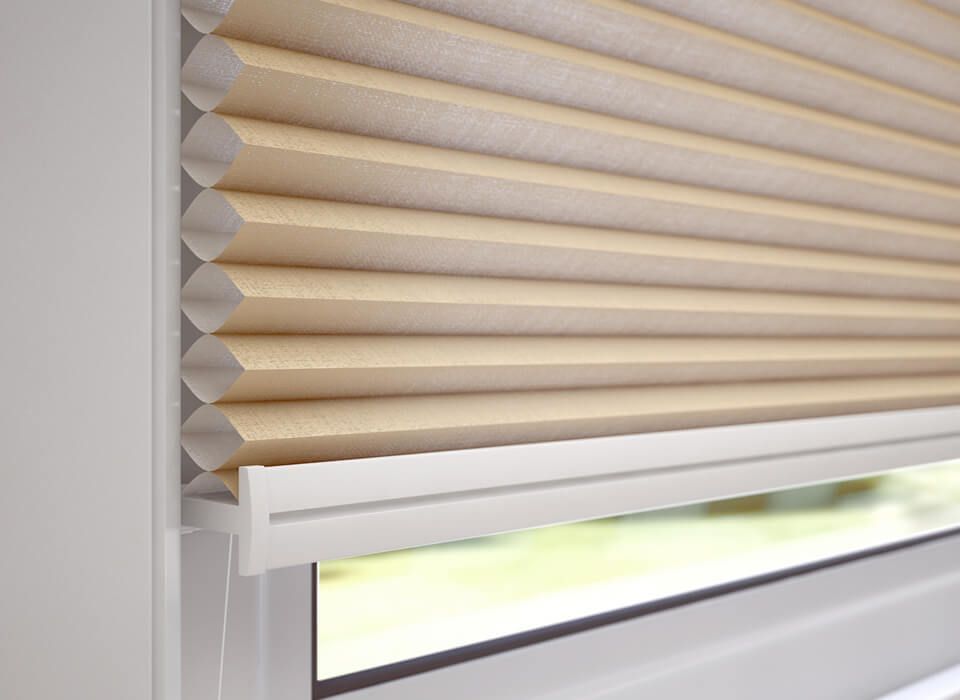
Blinds save energy by:
- Reducing Solar Heat Gain: In the summer, blinds block direct sunlight, minimizing heat buildup inside.
- Adding Insulation: In the winter, blinds create a barrier that slows heat loss through windows.
- Controlling Light and Airflow: Adjustable slats let you manage how much light and warmth enters or escapes.
- Lowering HVAC Usage: Less need for heating and cooling means less work for your HVAC system—and lower energy bills.
Many of the
best blinds for energy savings combine insulating materials with light-filtering control to reduce HVAC strain year-round. In North Carolina, where extreme heat and damp cold alternate throughout the seasons, selecting the right window treatments isn’t just aesthetic—it’s a functional upgrade that contributes to long-term efficiency.
Best Blinds for Energy Efficiency in NC Homes
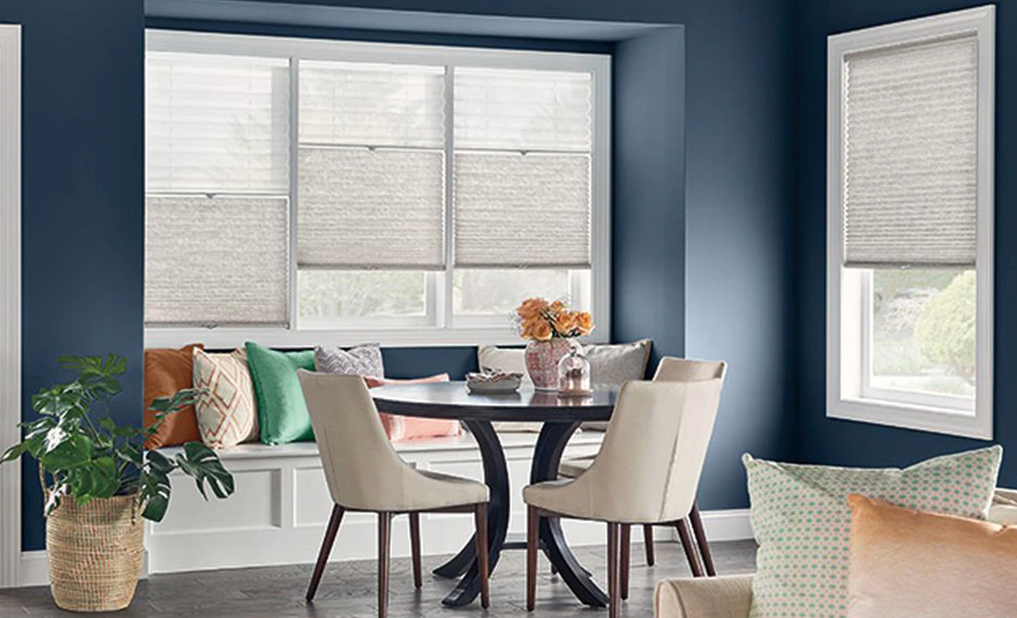
Choosing the right blinds is critical. Not all are created equal.
1. Cellular (Honeycomb) Shades
- How they work: Air pockets trap heat, improving insulation
- Estimated energy savings: Up to 25% in heating/cooling costs
- Best use: Bedrooms, living rooms, street-facing windows
- NC insight: Ideal for homes without double-pane windows
2. Solar Roller Shades
- How they work: Block UV rays and reduce solar gain while allowing light
- Estimated energy savings: Up to 15% on cooling
- Best use: Sunrooms, kitchens, large south-facing windows
- NC insight: Great for Piedmont and Coastal homes with lots of afternoon sun
3. Blackout or Thermal Drapes
- How they work: Thick materials prevent air transfer and light penetration
- Estimated energy savings: 10–20%, depending on installation
- Best use: Nurseries, media rooms, bedrooms
- NC insight: Pair with blinds for enhanced effect
4. Reflective or Light-Colored Venetian Blinds
- How they work: Reflect sunlight outward; adjustable slats allow control
- Estimated energy savings: 5–10% in summer
- Best use: West- and south-facing windows
- NC insight: Combine with reflective films in homes near the coast
5. Smart/Motorized Blinds
- How they work: Automatically adjust based on sun exposure or room temp
- Estimated energy savings: Up to 30% with programmed schedules
- Best use: High windows, hard-to-reach places, modern homes
- NC insight: Especially helpful in managing multi-zone HVAC systems
Local Utility Rebates and Incentives in NC
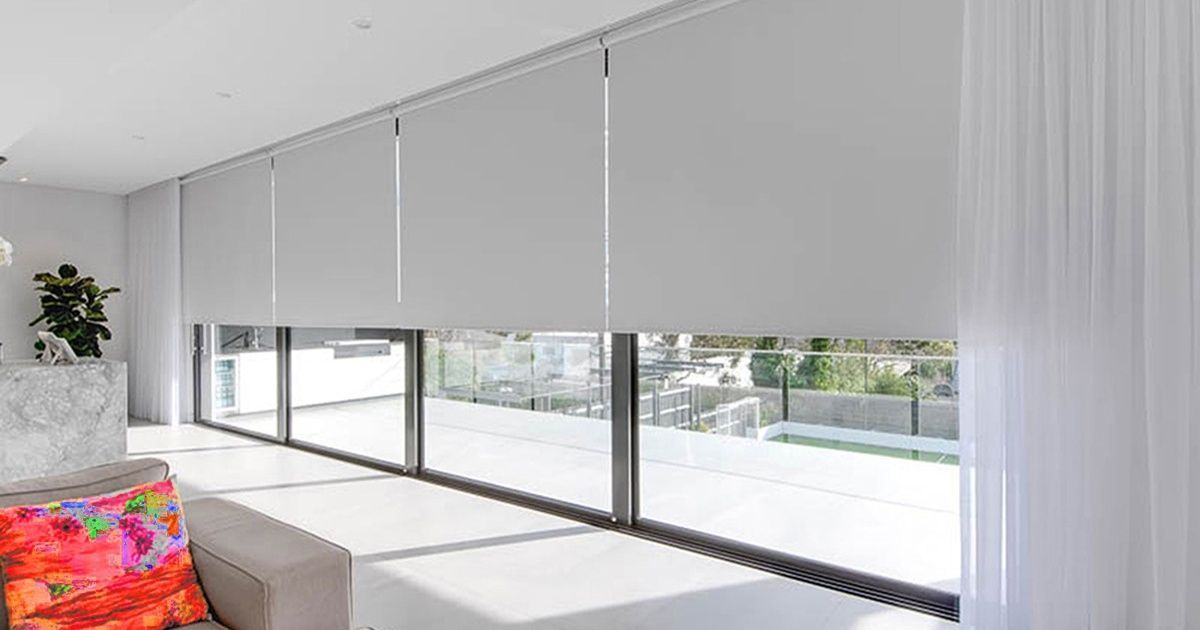
Some NC utilities provide incentives for energy-efficient home improvements. While not all offer rebates for blinds specifically, you can pair blinds with other upgrades like:
- Reflective window films
- Smart thermostats
- HVAC tune-ups
Check programs from:
- Duke Energy
- Dominion Energy NC
- NC Sustainable Energy Association
DIY vs. Hiring a Professional in North Carolina
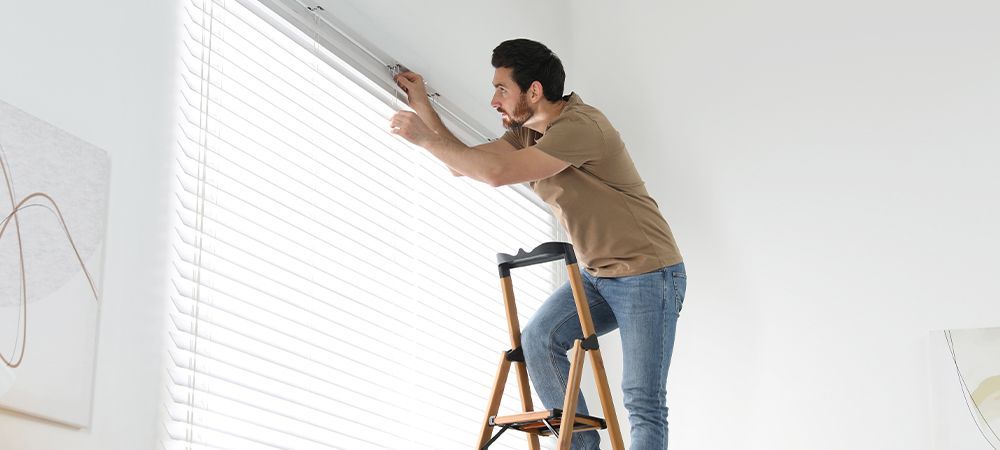
Going DIY?
- Pros: Lower cost, flexible schedule
- Cons: Risk of poor fit, reduced effectiveness
What to Consider:
- Precise window measurements
- Mount type: inside vs. outside
- R-value of materials
When to Call a Pro:
- Odd-shaped windows
- Smart integration
- Bulk installations
Love Is Blinds NC offers free consultations and
professional installation services for homes and businesses throughout the state.
Maximizing Energy Savings with Behavior
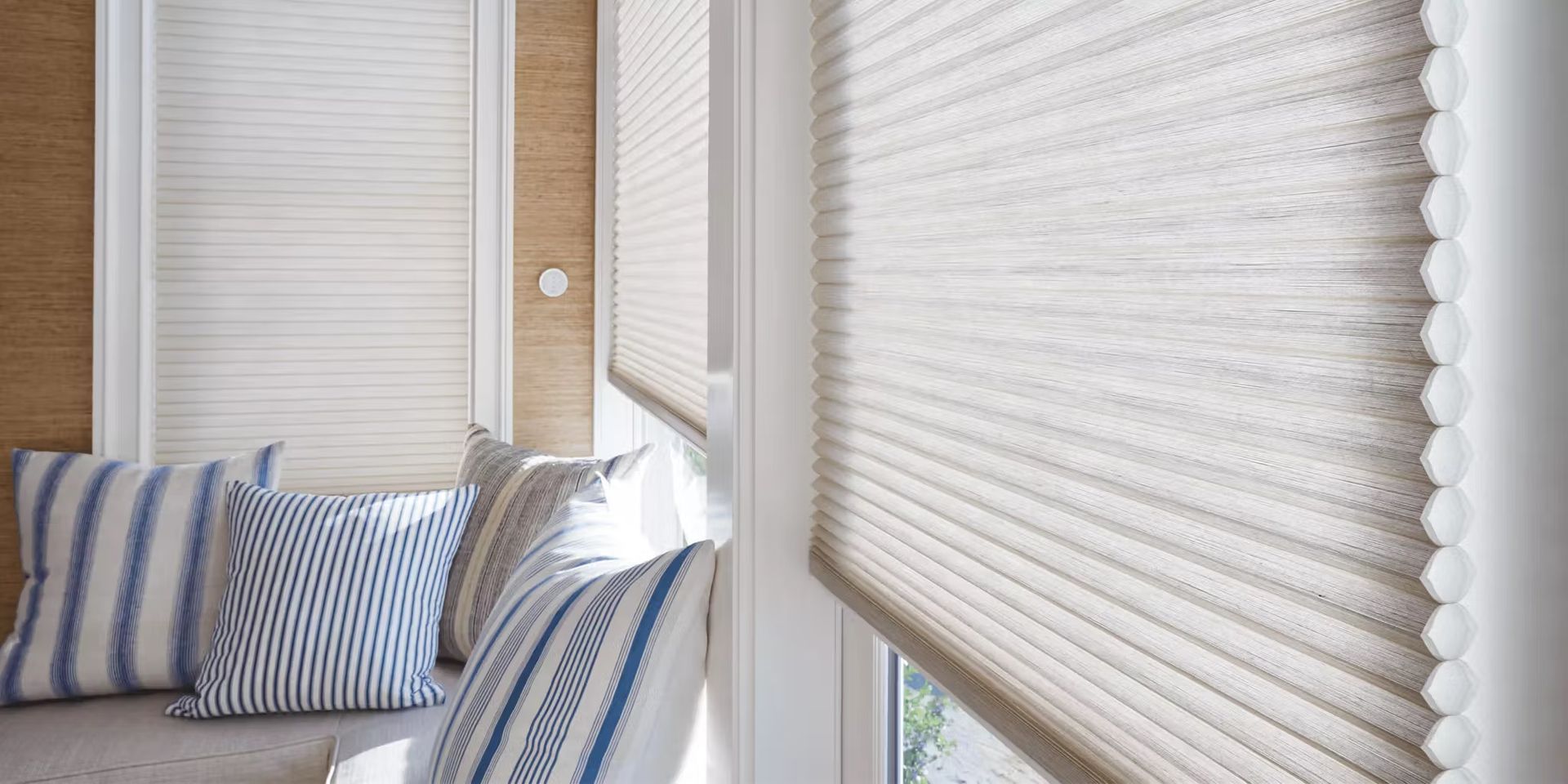
Using blinds right is just as important as choosing the right ones.
Helpful Habits:
- Summer: Close blinds 12–4pm to block peak heat
- Winter: Open blinds during the day for passive heating
- Nighttime: Always close blinds to trap heat or cool air
- Combine with:
- Ceiling fans
- Reflective films
- HVAC maintenance
Addressing Common Concerns
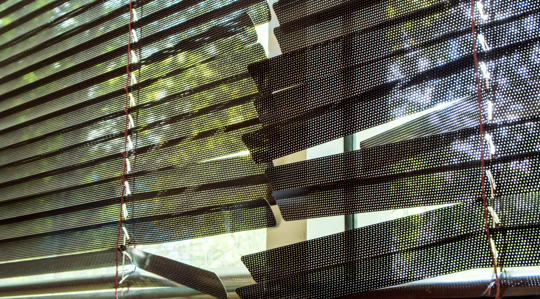
“Do blinds look bulky or outdated?”
Modern blinds come in sleek, minimalist designs that match any décor.
“Are energy-efficient blinds expensive?”
Initial costs vary, but most homeowners see ROI in under 12 months through lower energy bills.
“What about safety for kids and pets?”
Cordless and motorized options eliminate hazards.
“Should I install exterior blinds?”
Exterior shutters or solar screens can be helpful, but interior blinds are more accessible and affordable.
Best Window Treatments for Reducing HVAC Costs in NC
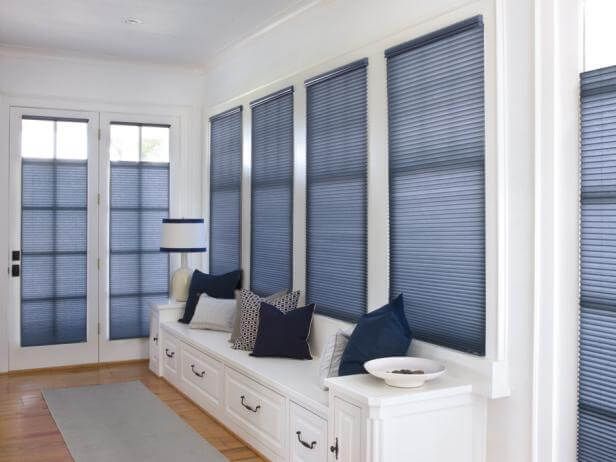
Blinds are part of a bigger strategy:
- Combine them with double-pane windows
- Use layered treatments like shades + drapes
- Add smart home integration for auto adjustment
- Schedule seasonal maintenance for HVAC systems
The goal? Create a layered thermal defense that works year-round.
Get Started With Energy-Efficient Blinds in NC
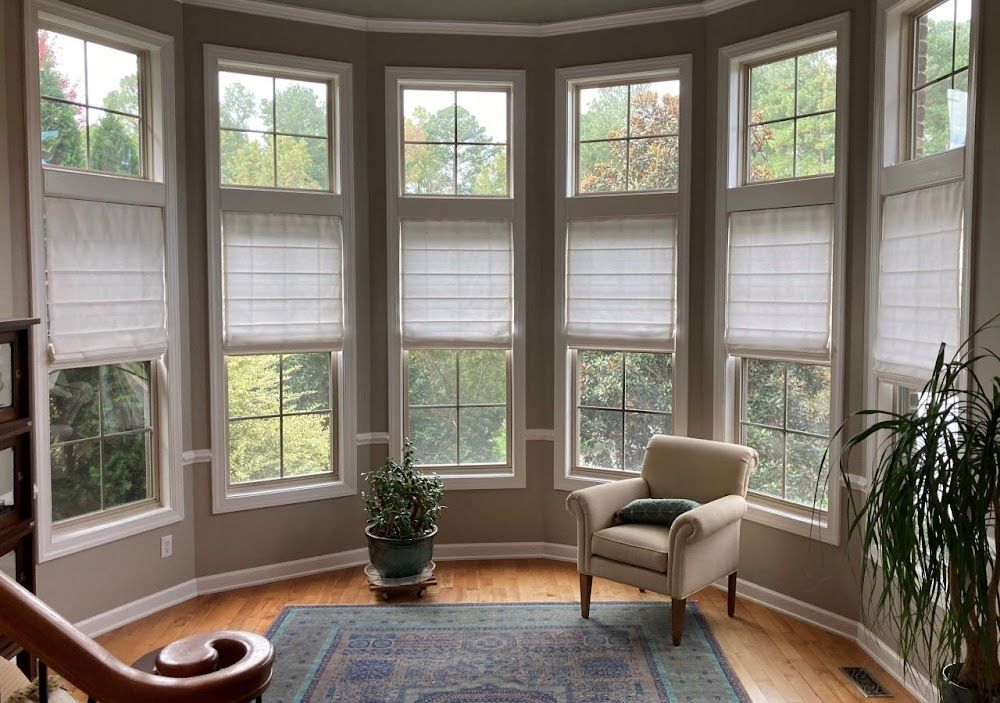
If you’re looking to reduce energy bills while staying comfortable in North Carolina’s unpredictable climate, investing in the right blinds is a smart move. Whether you're in Greensboro, Raleigh, or Wilmington, Love Is Blinds NC can help you find and install energy-saving solutions tailored to your needs.
Request a free quote today and see how much you could save. A cooler summer and a warmer winter could be just a window treatment away.


